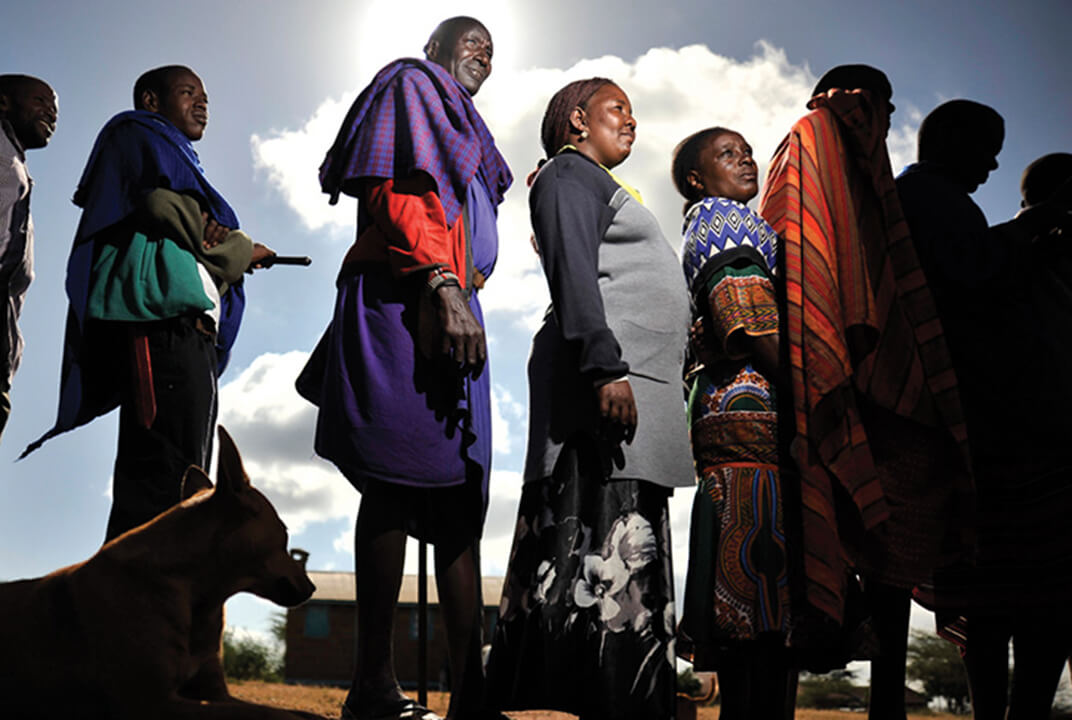Inmarsat supports TSF relief efforts in the Philippines
Télécoms Sans Frontières (TSF) is providing top-level satcoms support to the Philippines government as the country struggles to cope with the catastrophic aftermath of Typhoon Haiyan.
The Inmarsat-sponsored aid agency has helped the Republic of the Philippines Department of Health to restore broadband internet access to the general hospital in Tacloban – the city laid waste by 195 mph (315 km/h) winds and a 20ft (6m) high storm surge.
The BGAN service will enable hospital staff to collaborate with medical teams on a national scale and provide co-ordinated health support to the thousands of victims seriously injured.
Less chaotic
“They have people who are turning up with various injuries, and pregnant women giving birth in the street because the beds are full,” explained TSF spokesman Alexander Thomas.
“The idea of the connection is to try and co-ordinate and make it a little less chaotic.
“The doctors in the hospitals will be able to keep in touch with the medical workers on the ground, so they know exactly how many patients are coming and what their needs are.”
Improve Communications
TSF has also supplied Inmarsat IsatPhone Pro satellite phones to the Philippines’ Minister and Deputy Minister for Home Affairs and National Security to help improve communication capabilities.
GSM coverage has been partially restored in Tacloban but more remote provinces remain without terrestrial or cellular networks.
The organisation is assisting two United Nations (UN) agencies – OCHA (Office for the Coordination of Humanitarian Affairs) and UNDAC (United Nations Disaster Assessment and Coordination) – by providing satellite-based broadband internet connections to their teams on the ground.
Evacuation centres
Two separate TSF teams have deployed to the islands of Busuanga and Panai to provide technical support to the UN, supplying satellite equipment and phones for assessments which are being carried out in hospitals and military bases used as improvised evacuation centres.
In addition, working with local telecoms operator Smart, TSF has set up call centres to enable thousands of people to contact family all over the world.
Since the typhoon struck on 8 November, Inmarsat has been prioritizing satellite traffic to and from the Philippines.
Network operations
Based at the company’s Network Operations Centre in London, teams of satellite network controllers and Inmarsat engineers have been working 24 hours a day with TSF’s French-based HQ and its teams on the ground in the Philippines.
“Inmarsat was founded to save lives at sea and even after 32 years, humanitarian support remains at the heart of our ethos,” said Rupert Pearce, Chief Executive Officer of Inmarsat.
“We will continue to support TSF in every way that we can to help the millions of people in the Philippines whose lives have been devastated.”

